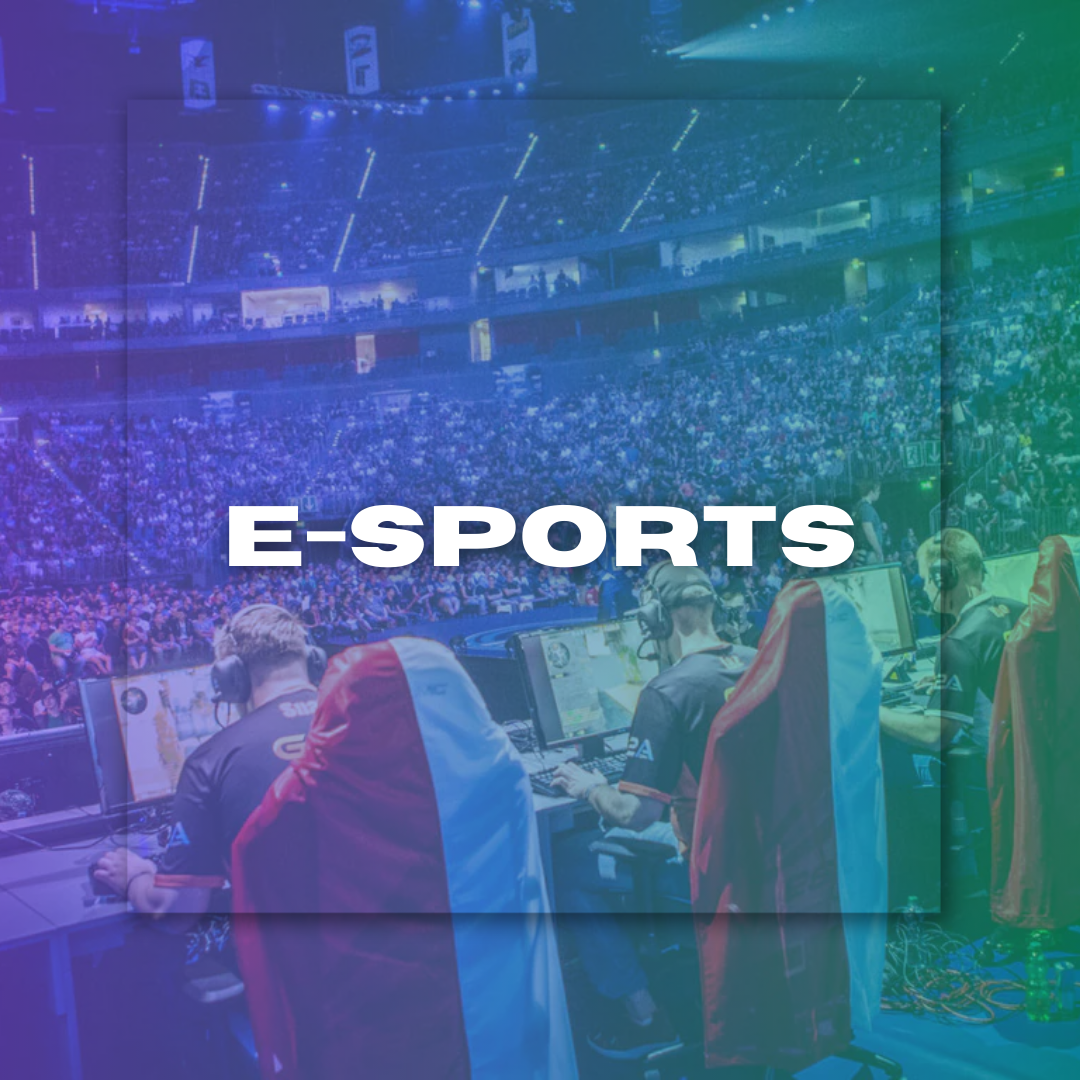
The top 5 biggest Wide Receiver Contract Holdouts in NFL History
The top 5 biggest Wide Receiver Contract Holdouts in NFL ...
By Arslan Saleem August 21, 2024 07:19
In the NFL, contract holdouts can seriously affect players and teams, often turning into cantankerous squabbles that derail a whole season. This post will explore five notable standouts in wide receiver holdout squabbles over contract demands. We will provide a rundown for each situation, illustrating the context behind every case and how things ultimately turned out.
1. Terrell Owens, Philadelphia Eagles (2005)
Terrell Owens was one of the NFL's top wide receivers and on his way to a bitter divorce with the Philadelphia Eagles. Coming off a phenomenal 2004 season during which he helped take the Eagles to the Super Bowl, Owens was looking for an extension that matched his play. In year two of a seven-year, $49 million deal, he felt he had outperformed many top-paid receivers.
- Player's Request: Owens demanded a contract, earning him much more annually.
- The Eagles refused to rework his contract since it's already a binding deal.
- Circumstances: The Eagles felt Owens was disruptive and damaging team chemistry off the field.
Impact on the Player and Team
The Chargers suspended their running back for "conduct detrimental to the team"; Owens held out through training camp and into the regular season before being suspended. He eventually came back to play but was a shell of himself, and he ended up with 47 catches for 763 yards and six touchdowns that year.
The trouble: Owens had a serious image problem after the holdout, and things quickly spiraled out of control. The result was an ugly way to end his days in Philly Player's Career.
Team's Performance: The Eagles (6-10) sputtered without Owens.
Rationalization and Aftermath
After all, Owens' holdout was supported by many within the locker room given his production, but the aftermath a few months into it suddenly became harsh. After this season, Owens left the Eagles and became a journeyman player who played for many teams. It also showed the dangers of holdouts, as they can cause a toxic relationship between players and brass.
2. Le'Veon Bell, Pittsburgh Steelers (2018)
The holdout from Le'Veon Bell in 2018 is one of the most famous running backs or otherwise in NFL history. The Steelers placed the franchise tag on Bell, who was offered $14.5 million for 2018. But Bell did not want to play under the franchise tag for two years, opting instead to find a long-term deal that would give him peace of mind with future earnings.
- Player's hopes: Bell was looking to make at least the going rate for top running backs, which is $15 million annually.
- What the team offered Bell: The Steelers made an offer of $10 million per year on a multi-year deal, but he ultimately turned it down as well.
- Why no deal got done: Bell felt he deserved a longer-term financial commitment as an elite running back who was also one of the NFL's most accomplished receivers.
Impact on the Player and Team
In the end, Bell did not play at all in 2018, forfeiting a $14.5 million salary. The Steelers missed his game-changing style and went 9-6-1 this season but failed to make the postseason.
Bell's Career: In 2019, Bell signed a four-year, $52.5 million deal with the New York Jets; his play has never quite reached its previous level.
How He Missed Out: The Steelers’ offense suffered, as did their chances of replacing the production they would have gotten from Bell.
Rationalization and Future Implication
Given the beating a running back's body takes annually, Bell's holdout was understandable to many. But opting to miss an entire season followed him the rest of his career when he was no longer a dominant force. The Steelers shrugged and moved on, leading to a discussion about how fair the franchise tag system is.
3. Michael Thomas, New Orleans Saints (2020)
New Orleans Saints WR Michael Thomas, 2019 Offensive Player of the Year, is seeking a contract extension. The 25-year-old Beckham was in the fifth year of his rookie deal, worth $96.25 million over five years, but wanted to be paid with some of the highest-paid receivers in football, who are earning today.
- Player's Wishes: Thomas wanted to become a top-3 paid receiver.
- The Saints did not offer the release to renegotiate, citing cap limitations.
- Sources: With no new contract settlement, Michael Thomas expected to stay out the rest of camp.
- Reasons for the standoff: Thomas thought he had earned a deal extension with a WR-record 149 catches in '19. However, the Saints still held both leverage and a good-faith bargaining position.
Impact on the Player and Team
Thomas reported to the team but was held out in training camp. Unfortunately, he had an ankle injury early in the year and played only seven games.
Player's Career: Injury affected his play, and he totaled only 40 receptions for 438 yards and zero touchdowns on the year.
The team's Standing: The Saints couldn't move the ball consistently without a healthy Thomas and were upset in the playoffs.
Explanations and Repercussions
The injury has made fans feel sorry for him and put his holdout on the back burner instead of Thomas developing a strong case that he deserved more money.
4. DeAndre Hopkins, Houston Texans (2019)
A four-time Pro Bowl selection, DeAndre Hopkins was in the midst of his seventh 1,000-yard season, his second-highest total, when he sought a new contract with the Houston Texans in 2019. During a stint in Houston, Hopkins was one of the league's top receivers, yet he was operating under a five-year, $81 million contract that he viewed as below market value.
- Player's Demands: Hopkins wanted a top 3 contract for any player at his position, $18 million per season.
- Texans' Offer: Houston didn't want to renegotiate due to cap concerns.
- Holdout Stalemate: Hopkins felt he'd earned more money due to performance and making the Pro Bowl in back-to-back seasons.
Impact on the Player and Team
He showed up to training camp but was not pleased about it. After all, he played the whole season (104 catches for 1,165 yards and even seven touchdowns) in a very awkward situation.
Player's Career: Hopkins was traded to the Arizona Cardinals in 2020. He then signed a two-year extension worth $54.5 million with the team.
Texans after trade: Houston's season following the Hopkins deal was tough, as they missed the playoffs.
Rationale and Lasting Implications
Given Hopkins's production, it's safe to say his holdout was justified. However, a trade that large could have been franchise-altering in hindsight for Houston because they simply wouldn't even consider negotiating an extension at all. His reputation was trashed, and that trade was called one of the worst in NFL history, as it just reiterated how you never let star players walk out your door.
5. Keenan Allen, Los Angeles Chargers (2023)
Keenan Allen holds out searching for a contract extension that would reward his invaluable seasons in LA.
- Player's Demand: Allen sought a deal to make him one of the highest-paid wideouts in football.
- Chargers Offer: LA was reluctant to pay that price tag, given that it would take a big hit on the salary cap, and they needed some of that money for other spots.
- Why the Two Sides Disagreed: Allen thought his play had merited an increase, particularly as he was a linchpin in LA's offense.
Impact on the Player and Team
Allen's holdout lingered into training camp, worrying fans and the media. But he did report, and once on the field, played well all year.
Impact on team: The Chargers went to the playoffs, which is all that needs to be said about how crucial Allen was this season.
Rationalization and eventual repercussions
Because of his impact on the team, Allen's holdout was seen as more reasonable. The Chargers would later strike a deal to keep Allen in the fold as part of their core group. It pointed to a long-standing problem players continue encountering in pursuit of fair wages with the league's hard cap restrictions.
The NFL keeps rolling, but for wide receivers, especially, contract holdouts can ripple through a player's locker room and across his team. These confrontations define the careers of individuals and the future identity of franchises, so they are an essential part of where any given organization sits in the NFL landscape.
LATEST
- NEWS
- |
- ARTICLES
- |
- VIDEOS






















































































